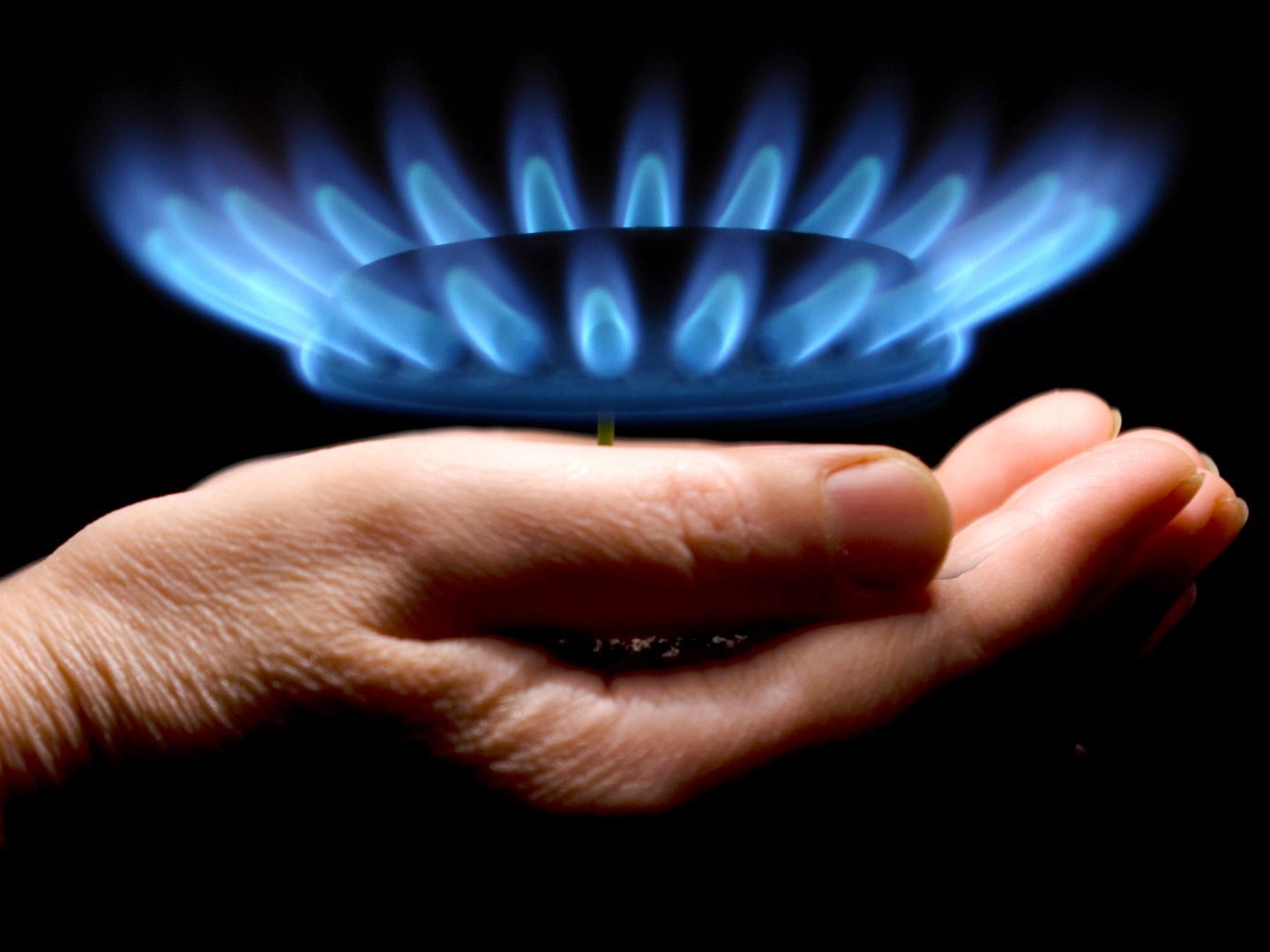Immediate Stop to Russian Gas for Austria: Supply Remains Secured

The gas transit contract between Russian Gazprom Export and Ukrainian Naftogaz expired at the turn of the year. Therefore, from 6:00 am on the first day of the new year, no Russian gas is coming to Austria via Ukraine. However, the Austrian energy industry has prepared for the discontinuation of Ukraine transit, the system operator AGGM announced on Tuesday evening. Thus, the domestic gas supply remains secure.
Discontinuation of Gas Transit by Ukraine
Both at the junctions from Ukraine to Slovakia and at the transfer point Baumgarten from Slovakia to Austria, AGGM recorded a drop in delivery quantities - which was foreseeable the day before. Practically no gas capacities were registered. On Monday, Gazprom still delivered about 42.4 million cubic meters of gas via Ukraine to Central Europe. The Slovak gas pipeline operator Eustream also confirmed that the gas flows from Uzhorod in Ukraine to Velke Kapusany in Slovakia were stopped. "Due to the repeated and clearly expressed refusal of the Ukrainian side to extend this agreement, Gazprom was technically and legally unable to deliver gas for transit through Ukraine from January 1, 2025," Gazprom said in a statement.
The discontinuation of gas transit by Ukraine is a historic turning point in European natural gas supply. Countries like Slovakia, Czech Republic, and Hungary still received pipeline gas from Russia, for them an end of deliveries poses problems. Austria also still received a significant portion of its natural gas from Russia.
Austria Has Taken Precautions
However, this step was not surprising and had been announced several times. "Ukraine made it clear well in advance that it would not extend the transit contract with the aggressor Russia," Energy Minister Leonore Gewessler (Greens) noted in a statement. "We have done our homework and were well prepared for this scenario."
Thus, after Russia's attack on Ukraine and the ensuing energy crisis in 2022, Austria bought nearly 20 terawatt-hours (TWh) of gas as a strategic reserve and stored it. Last year, about 76 TWh of gas was consumed in Austria, and Austrian storage facilities are filled to 79 percent with around 80 TWh. In addition, Austria can import up to 185 TWh per year via Germany and Italy, the Ministry of Energy further announced. Market participants therefore switched to alternative gas sources. This compensated for the delivery restriction. The supply in Austria is thus still ensured.
Slovakia Threatens Ukraine with Consequences
Slovakia made a futile last-ditch effort to continue receiving gas via Ukraine. The left-populist Slovak Prime Minister Robert Fico, who critics accuse of having a pro-Russian stance, threatened Ukraine with consequences - such as stopping electricity supplies from Slovakia to Ukraine.
On the other hand, Slovak Economy Minister Denisa Saková emphasized that Slovakia was technically well-prepared for the stoppage of supplies. The state-owned company SPP has 20 percent more gas reserves in storage than last year. In addition, SPP has diversified its supply portfolio and is sourcing gas from international energy corporations.
EU Points to Functional Gas Infrastructure
With the Balkan Stream pipeline, which runs from Turkey to Hungary, there is now only one route for Russian gas to Europe. This pipeline transports approximately 14 to 15 billion cubic meters of gas annually to countries such as Romania, Greece, North Macedonia, Serbia, Bosnia and Herzegovina, and Hungary.
However, the European Commission downplayed the expiration of the gas transit contract: "The European gas infrastructure is flexible enough to deliver non-Russian gas via alternative routes to Central and Eastern Europe," said a spokesperson for the European Commission. "It has been strengthened since 2022 by significant new LNG import capacities."
No Significant Increase in Gas Prices Expected
Significant gas price increases in the EU, like in 2022, are not expected, said Leo Lehr, deputy head of the economics department at e-Control, in a conversation with APA. The end of gas transit had already been anticipated. The last trading data of the old year did not indicate a price increase. "However, prices may initially be more volatile," said Lehr.
Russia recently sold far less gas than before. For instance, in 2023, Russia delivered about 15 billion cubic meters of gas via Ukraine - this was only 8 percent of the volume that reached Europe from Russia via various routes in 2018 and 2019.
(APA/Red)
This article has been automatically translated, read the original article here.





